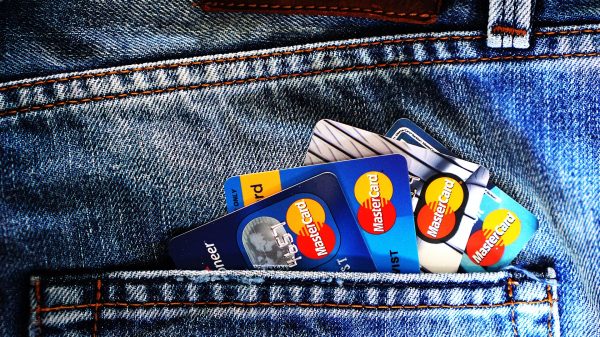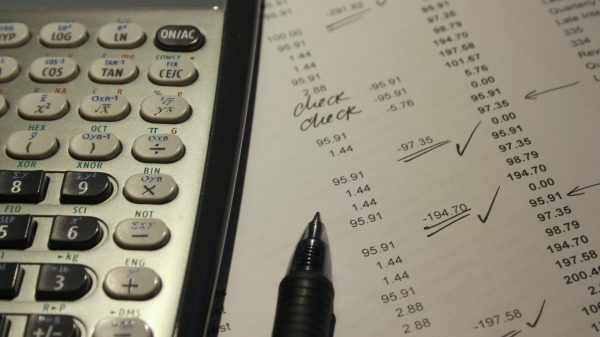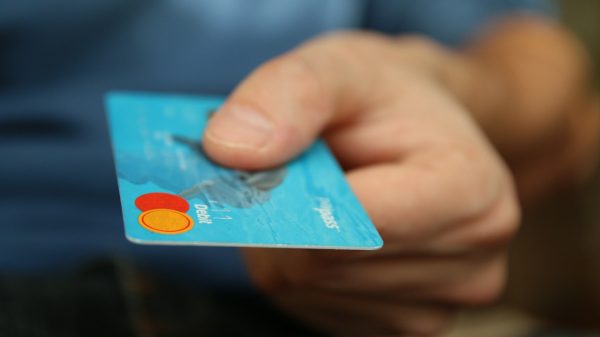Before you start shopping for a loan, you need to get acquainted with the bank-related terms along with the characteristics of the loan. For that reason, although you should gather information regarding the different types of loans, you should also have information about the lender’s terms on some loans. More precisely, you should have detailed information about the requirements imposed by the lenders for different types of loans. One such requirement, depending on the loan, could be the need for collateral. Thus, if you are shopping for a secured loan, you need to understand the meaning of the term collateral and the relevant aspects regarding the collateral.
What is collateral for a loan?
Collateral is any property or asset offered to the lender by the borrower to secure a loan. Meaning that, in cases of borrowers default, or missed loan payments, the lender can take possession of the underlying assets. This is done by taking hold of the property (collateral). Accordingly, the lender can cover the portion of the loan or cover the full loan amount. The process through which the bank is taking possession of your home (if your house is the collateral) is called foreclosure.
What is the aim of loan collateral?
As is the case with everything else, the collateral also serves some purpose. Keep in mind, though, that, although the bank is the one that could require collateral for the loan, in some circumstances, the client could also be willing to offer some of its assets as collateral. Consequently, the aim of the collateral could be presented from a bank-related aspect and client-related point of view.
The bank-related aspects are that the lender would impose the need for collateral on your loan with the aim of:
- Providing you a loan if you have problems with your credit score, but you have ownership of an asset;
- Ensuring the possibility for full or partial repayment of the loan issued in case the client defaults;
- Protection against any unforeseen circumstances in the future.
Even though it might sound a bit strange, loan collateral can serve some purpose for the client. Meaning that the client could be willing to put certain assets as collateral for a loan. The objective of the client might be:
- The possibility for negotiating credit with a lower interest rate since the loan is secured against some form of asset;
- The possibility to apply for a larger loan – lack of collateral could limit the amount of funds you can borrow from your lender. This is due to a couple of factors; insufficient income level, high debt to income ratio, low credit score, lack of payment history, etc. For that reason, having collateral could increase the amount you can borrow because the lender is secured against the possibility of the client defaulting on the loan.
- Since the collateral offers a high level of security for the lender, the approval process can be easier.
Types of collateral
Speaking about the different types of assets that could be acceptable as collateral, keep in mind that lenders highly welcome assets with higher liquidity, which means that the asset could be easily turned into cash through the asset’s sale. Namely, banks would like to have collateral that can be easily turned into cash (easily liquidated) at the lowest costs possible. Because of the liquidity and liquidation costs factors, banks would not accept any type of asset. For instance, let’s say that there are two houses with similar characteristics but in a different locations. The house, which is located in a high-demand area, could be accepted as collateral, while the other house in the middle of nowhere would not be considered acceptable collateral. Based on their characteristics, there are different types of collateral acceptable by the banks. They could differ in terms of the ease of liquidation, the market value, the market demand for the specific asset, future expectations about the value of the underlying assets, etc.
For that matter, the most common types of collateral consist of:
- Cash deposit – such as time deposits, CD, and money in saving accounts, these instruments represent the most liquid form of asset, thus they are highly acceptable (as well as preferred) by the lenders;
- Personal property;
- Different types of vehicles;
- Real estate;
- Paper collateral (stocks and bonds);
- Insurance policies;
- Valuables and collectibles;
Because of the different characteristics of the collateral, the collateral you would offer will be appraised by your lender. The appraising aims to analyze the market value of the underlying asset. Most often, especially after the 2008 crisis, banks will offer a loan amount that is less than the value of underlying assets. The degree of discount on your assets depends on a couple of factors. The logic behind discounting the value of your assets and providing a loan that is less than the current market value of your assets is that banks would have a value gap which could ensure a higher possibility to repay the full amount of the loan plus any accumulated interest and fees. In addition, banks can offer a loan that is less than the value of the assets to protect themselves from the possibility of a drop in assets value in the future. This is imposing the need for the loan to value ratio to be mentioned. This ratio shows the maximum amount of loan you could take based on the current market value of your asset.
Before applying for a loan, you need to understand the difference between secured and unsecured loans. After which, you need to decide whether you have assets that could be offered as collateral for a secured loan (if you decide to apply for one). There is no right or wrong when it comes to whether you should offer collateral or not. You should base your decision in accordance with your circumstances in terms of what you need and what you own. Make sure that you have gathered information about the different types of loan collateral. Do not decide without understanding the basic issues related to collateral.






